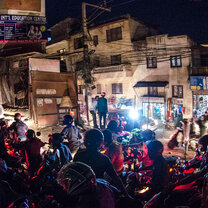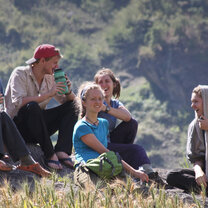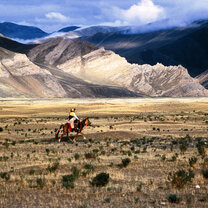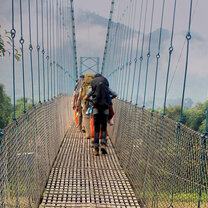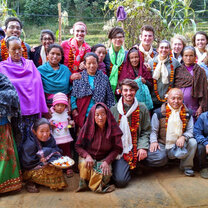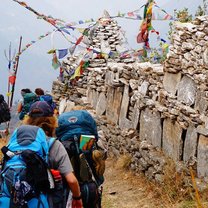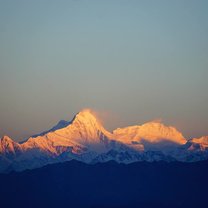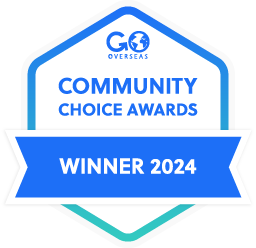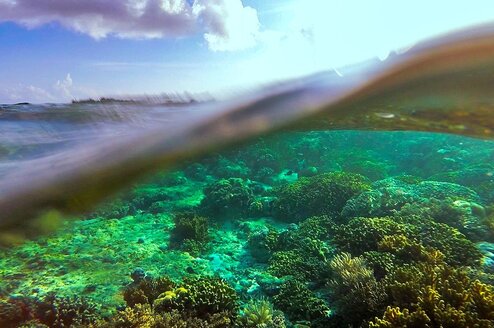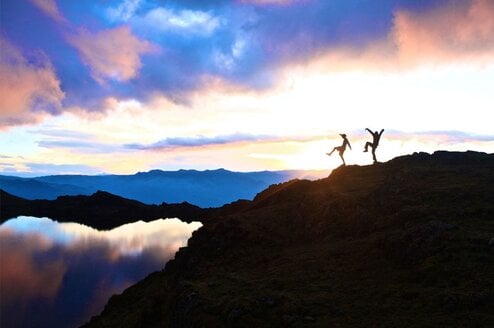Nepal: Passages of the Himalaya College Study Abroad Semester
- Nepal
About Program
Have the diverse cultures and dramatic landscapes of Nepal write the next chapter in your college education.
Over time Nepal has drawn the most intrepid of travelers, mountaineers, anthropologists, linguists, and spiritual aspirants. The Kathmandu Valley was once only accessible by those brave enough to cross the jungles in the south or the snowy passes of the Himalaya. In a land of deep traditions, this College Study Abroad program explores the diversity of Nepal while also delving into themes of social justice, development, and leadership in an intercultural context. Academic courses, as well as a deliberate skills progression throughout the semester, provide depth and breadth to this program.
Eligible participants should have completed at least one semester of post-secondary study, be 18 years or older, have a minimum GPA of 2.5 (on a 4.0 scale), and be interested in taking part in an experiential semester abroad.
Video and Photos
Diversity & Inclusion 💙
BIPOC Support
LGBTQIA+ Support
In some cases, students may be advised not to speak about their sexual orientations and/or gender identities with local contacts (such as homestay families, ISP mentors, language teachers, and guest speakers) due to safety concerns. Likewise, transgender and non-binary students may have to choose to present outwardly as male or female in certain contexts during the program. In other cases, “coming out” to some or all host community members may be a safe choice.
Neurodivergent Support
Accessibility Support
Impact 🌎
Sustainability
Ethical Impact
Learning Service is a holistic experience that combines an intimate and authentic engagement with the local community, the study of effective development, and the contribution to an established community-driven project. It is the process of living, working alongside, and humbly absorbing the culture of those being served while coordinating closely with project managers to understand the trajectory of the project, from inception to completion and beyond. It is an acknowledgment that often it is the volunteer who stands to gain as much or more from the work. And it is a commitment to making contributions that create positive impacts in the communities coupled with the humility to always listen and learn first.
Program Highlights
- Visit a Tibetan monastery outside of Kathmandu to learn about Buddhism and inquire deeply into Hinduism, Buddhism, and Shamanism.
- Examine issues of health and education, human rights, environment and land use, globalization and poverty. Engage in academic discussions on issues such as environment, public health, religious practices, the status of women, and caste.
- Embark on a trek through rugged parts of the Himalayas in remote wilderness areas and a possible visit to Chitwan National Park in the south.
- Opportunity for independent study. Typical topics include regional environmental issues, Tibetan or Ayurvedic medicine, the yogic tradition, or the arts: jewelry, mask carving, traditional folk dance, sitar, or thanka painting.
- Spend 5 weeks in homestays in Patan and participate in a shorter village homestay in a Himalayan village or in the Terai lowlands in the south.



